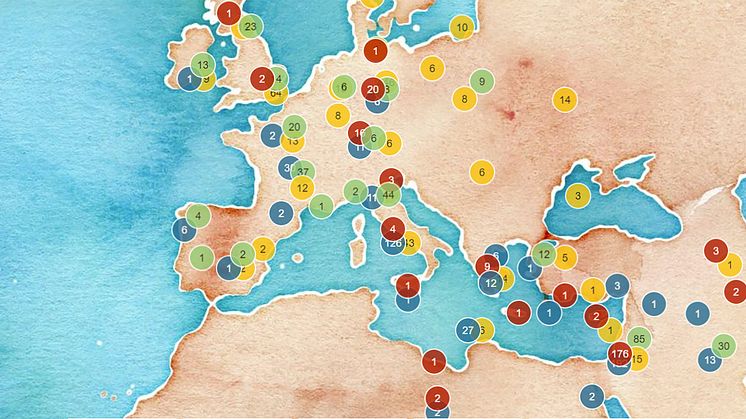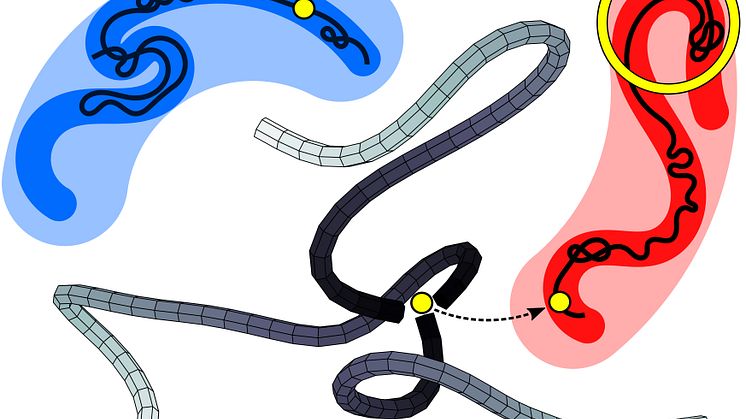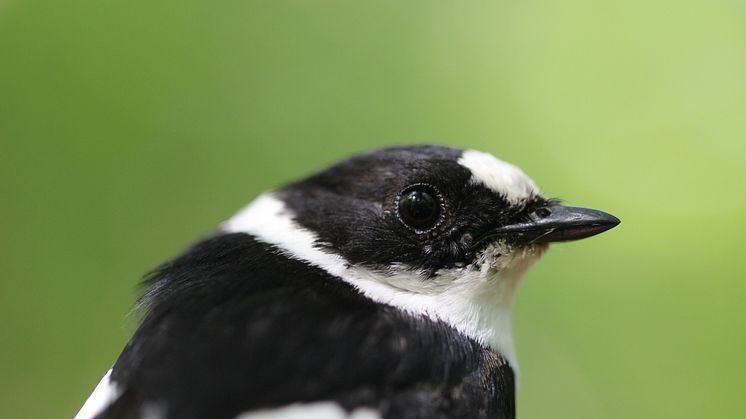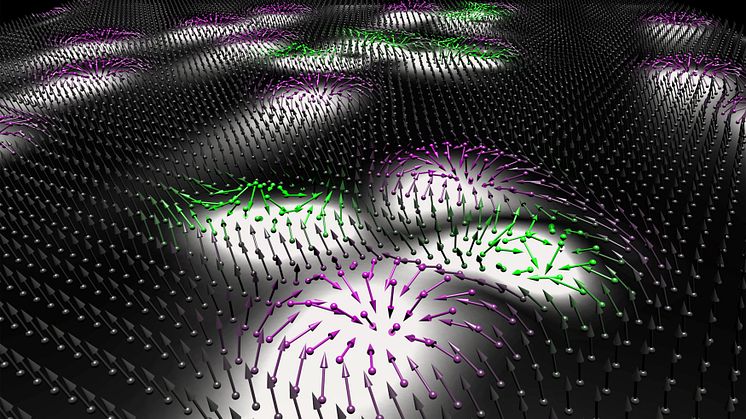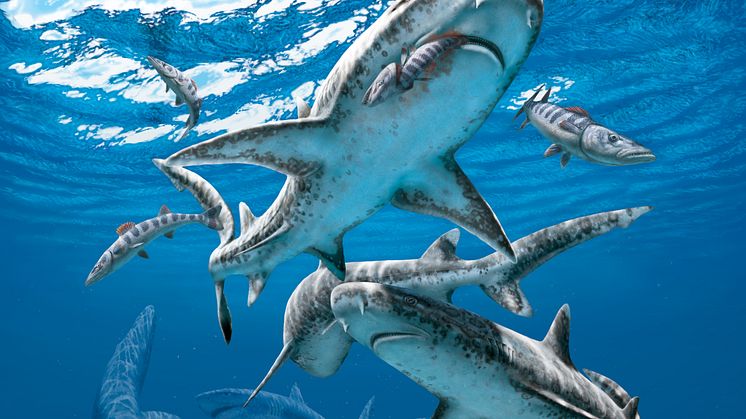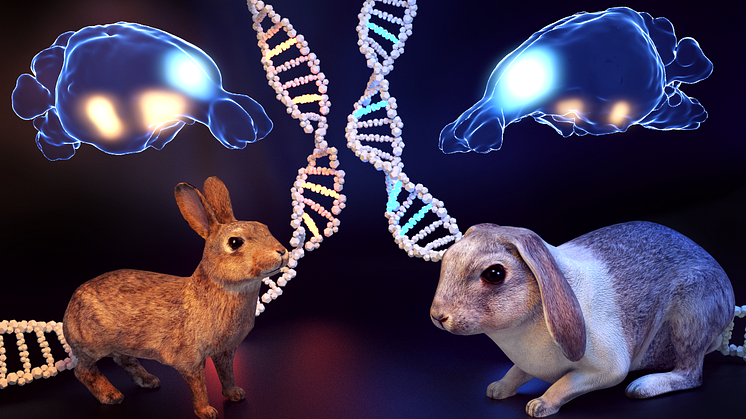New infrastructure for medieval literature launched
Norse World is a new database which will make it easier for researchers to study perceptions of the surrounding world in Medieval Scandinavian literature. The new tool is a digital resource aimed at researchers in fields such as language history and philology, comparative literature, manuscript studies and digital humanities. It will be freely available to both researchers and the public.
